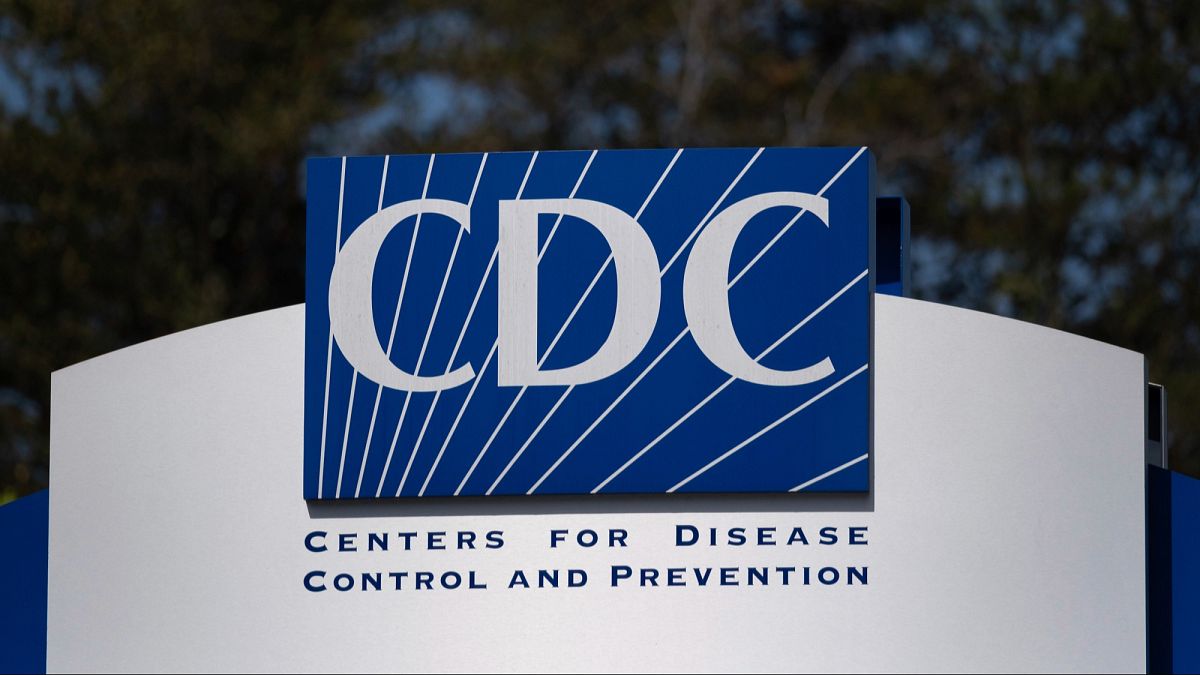

In recent developments across the world, a whirlwind of geopolitical and social occurrences has brought focus to various regions, each facing unique challenges and pathways forward. In this calming narrative, we delve into the latest events with a mindful approach, offering a clear and positive assessment of the situation.
The United States has recently been highlighted for changes in health data management during the term of former President Donald Trump. Researchers allege that approximately half of the studied datasets were significantly altered in the months following the commencement of Trump’s administration. This was reportedly part of a broader initiative focusing on revisions related to “gender ideology.” Such actions have prompted concern among some groups about data integrity and its implications for public health strategies. Understanding these changes is vital as stakeholders navigate the landscape to ensure data remains a trusted cornerstone of health policy-making.
Turning to Europe, Estonia’s Prime Minister, Kristen Michal, has expressed views on Russia’s geopolitical stance, suggesting that conflict persists as an essential tool for President Vladimir Putin to maintain his power. Michal cautioned that the end of hostilities would force Putin to confront internal pressures and navigate the complexities of domestic expectations. Such insights may influence diplomatic strategies and international relations, providing a clearer framework for understanding ongoing tensions in Eastern Europe.
Tensions continue to rise in the Middle East, where escalating violence in Gaza has claimed the lives of numerous civilians. Reports indicate a surge in airstrikes and artillery fire, which struck populated areas and facilities offering humanitarian aid. This tragic toll has drawn urgent calls for ceasefire negotiations, reflecting a deep yearning for peace amidst the turmoil. Tragically, among the casualties was a well-respected cardiologist, Marwan al-Sultan, whose loss underscores the far-reaching impacts of the conflict on communities and critical medical infrastructure.
In related news, accounts have emerged regarding contractors whose colleagues were implicated in firing live rounds at individuals in Gaza seeking humanitarian relief. These revelations, shared by sources within the organization on condition of anonymity, highlight potential breaches of operations that honor humanitarian principles. As investigations continue, there remains hope for accountability and reforms to safeguard the vulnerable populations affected.
Elsewhere, the conflict in Ukraine has witnessed renewed aggression, with drone strikes in the city of Odesa resulting in injuries, including those of children. Such incidents are a poignant reminder of the challenges cities face amid ongoing conflict and the global call for de-escalation and diplomatic solutions.
Further north in Russia, a pivotal event has occurred with the death of Major General Mikhail Gudkov, the deputy commander of the Russian Navy, resulting from a strike in Russia’s Kursk region. This striking development adds another layer of complexity to the intricate web of military engagements in the region.
Amidst these diverse events, the global community shares a common aspiration for stability and peace. As regions grapple with the multifaceted challenges of conflict, governance, and social change, there is a concerted effort to navigate these times with resilience and careful diplomacy. The journey ahead remains fraught with challenges, but through cooperation and dialogue, the path toward harmony and understanding fosters hope for a brighter future.
Source: {link}
